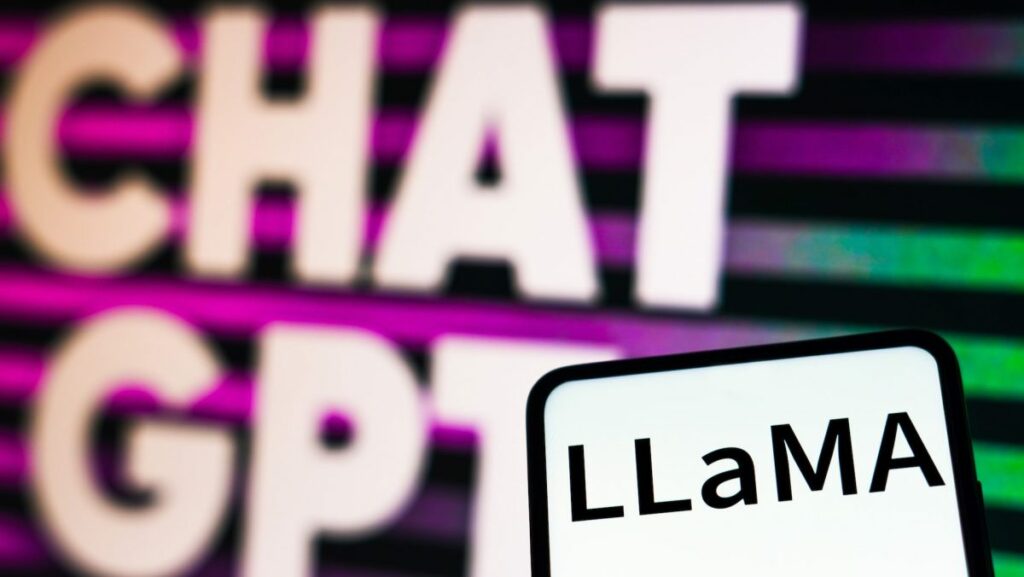Earlier this week, Meta landed in hot water for using an experimental, unreleased version of its Llama 4 Maverick model to achieve a high score on a crowdsourced benchmark, LM Arena. The incident prompted the maintainers of LM Arena to apologize, change their policies, and score the unmodified, vanilla Maverick.
Turns out, it’s not very competitive.
The unmodified Maverick, “Llama-4-Maverick-17B-128E-Instruct,” was ranked below models including OpenAI’s GPT-4o, Anthropic’s Claude 3.5 Sonnet, and Google’s Gemini 1.5 Pro as of Friday. Many of these models are months old.
The release version of Llama 4 has been added to LMArena after it was found out they cheated, but you probably didn’t see it because you have to scroll down to 32nd place which is where is ranks pic.twitter.com/A0Bxkdx4LX
— ρ:ɡeσn (@pigeon__s) April 11, 2025
Why the poor performance? Meta’s experimental Maverick, Llama-4-Maverick-03-26-Experimental, was “optimized for conversationality,” the company explained in a chart published last Saturday. Those optimizations evidently played well to LM Arena, which has human raters compare the outputs of models and choose which they prefer.
As we’ve written about before, for various reasons, LM Arena has never been the most reliable measure of an AI model’s performance. Still, tailoring a model to a benchmark — besides being misleading — makes it challenging for developers to predict exactly how well the model will perform in different contexts.
In a statement, a Meta spokesperson told TechCrunch that Meta experiments with “all types of custom variants.”
“‘Llama-4-Maverick-03-26-Experimental’ is a chat optimized version we experimented with that also performs well on LMArena,” the spokesperson said. “We have now released our open source version and will see how developers customize Llama 4 for their own use cases. We’re excited to see what they will build and look forward to their ongoing feedback.”


